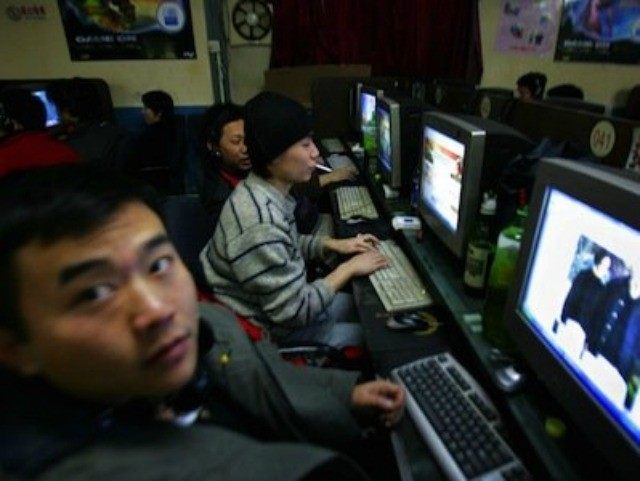China is cracking down on free speech again. This time, an internet watchdog and organ of the country’s Communist Party has banned web users from using pseudonyms to post messages under the names of famous people. A new set of rules will also require Internet users to register accounts using their real names.
The Cyberspace Administration of China (CAC), which is overseen by President Xi Jinping, said it was combating the “vulgar culture” of using names like Barack Obama and those of Chinese officials, according to the BBC. As part of the government’s attempts to “protect” their citizens’ “legitimate rights,” the CAC announced a list of required measures that would be enforced starting the the first of March this year.
According to the BBC, these measures include web users signing a pledge to avoid “illegal and unhealthy” Internet activity and registering accounts under their real names, even if they wish to post under nicknames. The BBC notes that said nicknames should not include information that could violate the constitution, subvert state power, undermine national security, or promote rumor-mongering.
“This does not restrict internet users, instead it protects their legitimate rights,” CAC’s head of mobile internet, Xu Feng, told the BBC.
Facebook is just one of the numerous social media platforms that have been banned in China. Facebook was blocked approximately five years ago through the central authority in Beijing, which has the world’s most well-developed censorship system, commonly known as the Great Firewall.
China has the largest population of internet users in the world, with close to 649 million people who are online.
Las month, China blocked three providers of Virtual Private Network (VPN) systems (namely Astrill, StrongVPN and Golden Frog) which were used to help citizens bypass the firewall restrictions. According to Reuters, a cyber security expert at a government-backed think tank said that China’s Great Firewall had been upgraded in order to preserve China’s “cyberspace sovereignty.”
Follow Adelle Nazarian on Twitter @AdelleNaz.

COMMENTS
Please let us know if you're having issues with commenting.